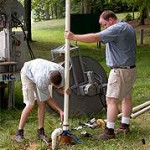

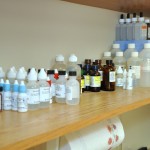



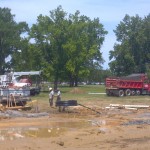
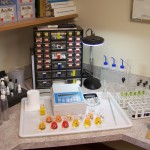

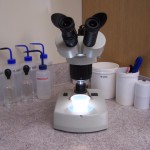
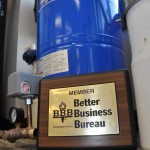
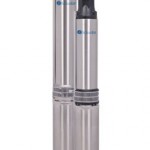

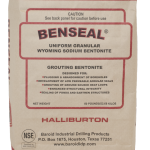
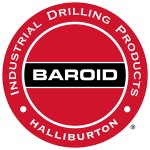
The Water Treatment Division of Curtis Drilling, Inc. is happy to provide you this basic information to use as a tool when exploring improvements in your water quality is desired.
Please take a moment to learn about your water well and consider the following basic facts.
Water is considered the universal solvent. This means many compounds, including those found in underground rock formations, are water soluble.
Therefore, groundwater frequently assumes the characteristics of the geological formations it passes through on its way to your well. Drilled or Deep wells draw their water from aquifers that exist below and within the bedrock. This water usually has different characteristics from that which is provided by Shallow or Bored wells, which are supplied by surface waters.
Water quality, while usually consistent, may vary due to environmental forces such as wet or dry spells, geological shifting and settling, local and/or heavy construction, consumption habits, and the water table’s general condition.
Examples of natural conditions and issues common to the region:
Groundwater that passes through iron and manganese bearing rock formations can impact the water quality by discoloring the water and/or causing different shades of yellow, orange, red, brown, or black stains on plumbing fixtures, appliances, and laundry. In instances of heavy amounts of iron, iron bacteria, (a non health threatening but annoying iron consuming organism) may colonize, compromising water quality and the effectiveness of existing treatment systems.
Groundwater passing through geology with little or no limestone, which is probably the most common problem to this region, is said to be acidic. Acidity is expressed in terms of pH that has a value below 6.8. Acidic water is corrosive, and causes pipe thinning and plumbing integrity problems such as pinhole leaks and blue/green fixture stains. It attacks fixtures and reacts to copper piping and the associated leaded solder joints in older homes. It also directly causes premature water heater failures. (On rare occasion, household electric circuitry anomalies and grounding may also cause similar symptoms). Conversely, hardness is the result of groundwater that has been in contact with a fair amount of limestone. Hard water causes white and gray crust or scale, increased soap consumption, and wears out laundered clothes faster. Hard water also shortens water heater life-expectancy and compromises their efficiency.
Sulfates, naturally present in all groundwater can, under certain circumstances, convert to hydrogen sulfide…the rotten egg odor. Another set of circumstances, specific to the water heater, can create the same smell on only the hot water side. The best technique for removal depends on the totality of the water’s chemistry, the well’s dynamics and the plumbing configuration.
Un-dissolved solids can be destructive to plumbing and irrigation systems. It is commonly seen and can come from many different geological formations such as varying densities of rock (i.e. gneiss & quartz), oxidized metals, transition zones and sand to name a few.
Groundwater may come in contact with layers of vegetation in varying stages of decay. This can form tannin. The presence of tannin can discolor water much like very light tea and can adversely impact many treatment processes when left unidentified.
Whether you have been in your home for a number of years or you have just recently moved into a new home with a well, please note: The Virginia Department of Health requires private water supplies to be tested for total coliform and E-Coli in order to obtain an occupancy permit and well certification.
E-Coli, an organism associated with mammalian waste, causes dysentery in humans. The test is usually performed after a new well has been shocked with a chlorine based disinfectant. According to Virginia Health Officials, your private water source is deemed “safe” if no sign of E-Coli is present during this one time only “snap shot” test. It does not, however, ensure that the water will remain safe after the chlorine is gone and the well recovers or refills with new groundwater.
While municipally treated public water supplies and many other smaller community water systems are generally a pretty good product in Virginia, some contaminants and disinfectant compounds listed above and others such as chlorine and ammonia forming chloramine which are necessary for the water’s safe delivery to your home, and their by-products may be objectionable to the user.
As offensive as some of these conditions sound, these and others not discussed are usually very treatable. Treatment makes very good sense when considering the importance of water quality to your health, the inconvenience and cost of bottled water, and the damage untreated water can do to the plumbing, appliances, and piping systems of your home.